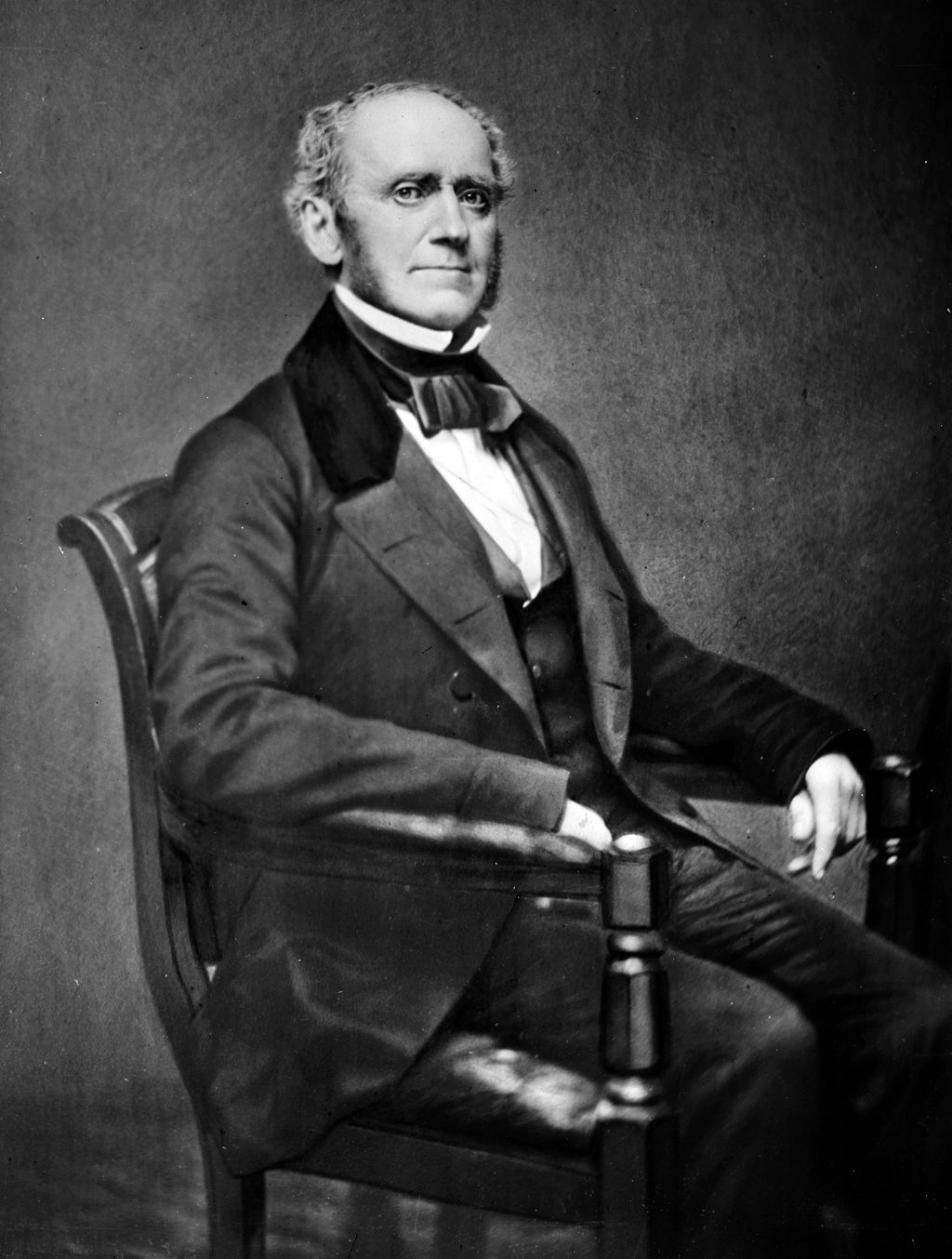Twilight
There is an evening twilight of the heart,
When its wild passion-waves are lulled to rest,
And the eye sees life’s fairy scenes depart,
As fades the day-beam in the rosy west.
’Tis with a nameless feeling of regret
We gaze upon them as they melt away,
And fondly would we bid them linger yet,
But Hope is round us with her angel lay,
Hailing afar some happier moonlight hour;
Dear are her whispers still, though lost their early power.
In youth the cheek was crimsoned with her glow;
Her smile was loveliest then; her matin song
Was heaven’s own music, and the note of woe
Was all unheard her sunny bowers among.
Life’s little word of bliss was newly born;
We knew not, cared not, it was born to die,
Flushed with the cool breeze and the dews of morn,
With dancing heart we gazed on the pure sky,
And mocked the passing clouds that dimmed its blue,
Like our own sorrows then—as fleeting and as few.
And manhood felt her sway too—on the eye,
Half realized, her early dreams burst bright,
Her promised bower of happiness seemed nigh,
Its days of joy, its vigils of delight;
And though at times might lower the thunder-storm,
And the red lightnings threaten, still the air
Was balmy with her breath, and her loved form,
The rainbow of the heart was hovering there.
’Tis in life’s noontide she is nearest seen,
Her wreath the summer flower, her robe of summer green.
But though less dazzling in her twilight dress,
There’s more of heaven’s pure beam about her now;
That angel-smile of tranquil loveliness,
Which the heart worships, glowing on her brow;
That smile shall brighten the dim evening star
That points our destined tomb, nor e’er depart
Till the faint light of life is fled afar,
And hushed the last deep beating of the heart;
The meteor-bearer of our parting breath,
A moonbeam in the midnight cloud of death.
This poem is in the public domain. Published in Poem-a-Day on June 22, 2024, by the Academy of American Poets.
“Twilight” appears in The Poetical Works of Fitz-Greene Halleck (D. Appleton & Co., 1865). According to John W. M. Hallock in The American Byron: Homosexuality and the Fall of Fitz-Greene Halleck (University of Wisconsin Press, 2020), “Twilight” was “inspired by a summer evening on the Long Island Sound as he was crossing for Guilford.” Hallock goes on to write, “The earliest poem included in Halleck’s collection edition of 1827, ‘Twilight’ was printed and reprinted anonymously (under F.G.H.) in The New York Evening Post (October 13, 1818, and May 8, 1819, respectively). Watching a sunset reflected off the waves, Halleck returned [his friend and lover, Joseph Rodman] Drake’s love though an ocean separated them. […] The narrator watches the sunset as a silent metaphor for ‘the rainbow of the heart’ ‘with a nameless feeling of regret.’ The nameless feeling echoes a love that dared not speak its name, a phrase popularized during Wilde’s trial later in the century. Dwelling upon ‘our destined tomb’ and the heart’s ‘last deep beating,’ the lonesome speaker catches a single glimmer of hope […]. The vague and highly romantic lines conjure the parting image of Drake leaving for his honeymoon.”

